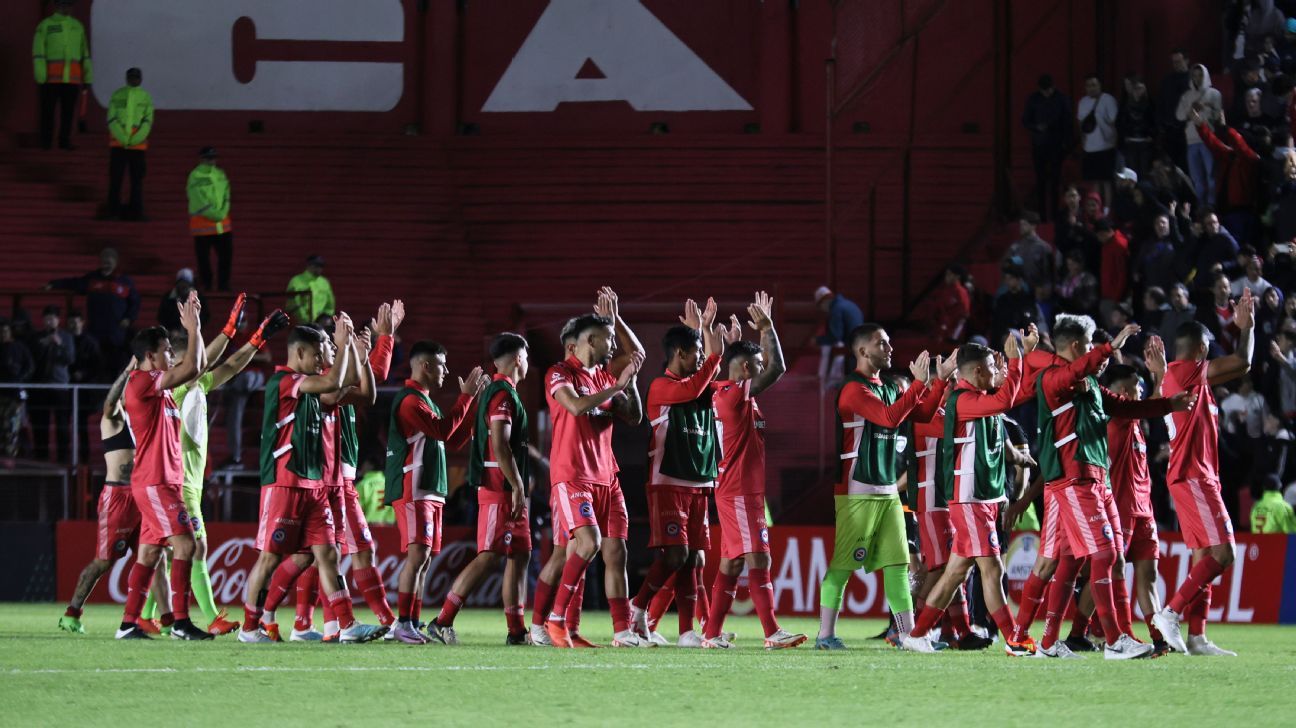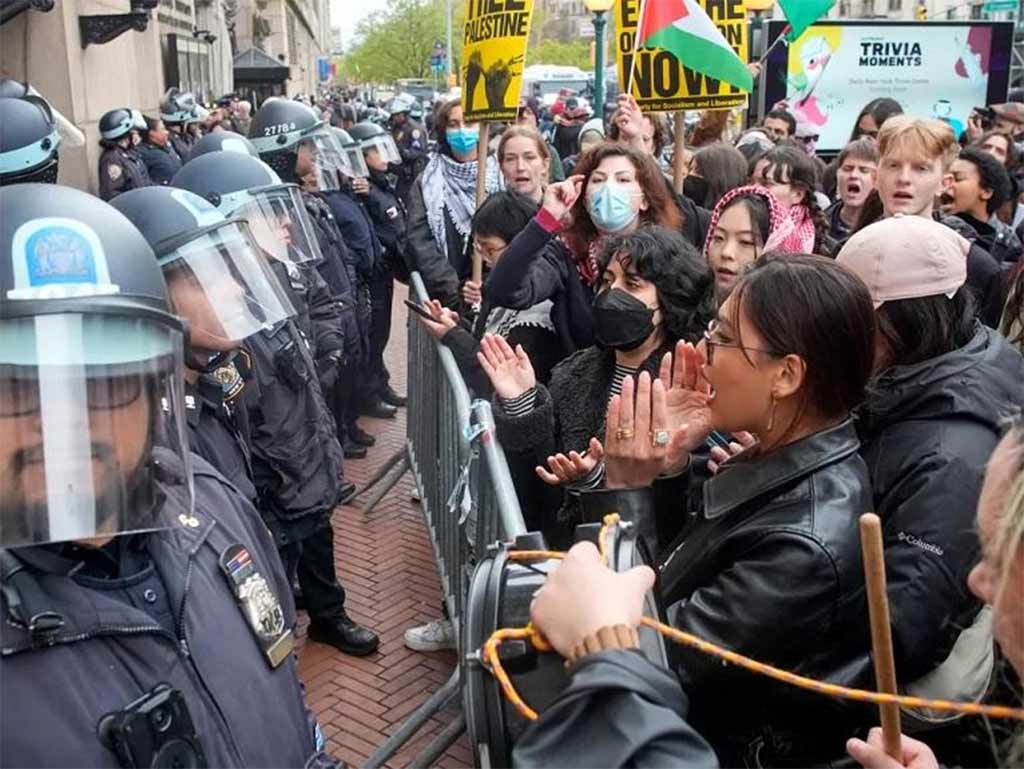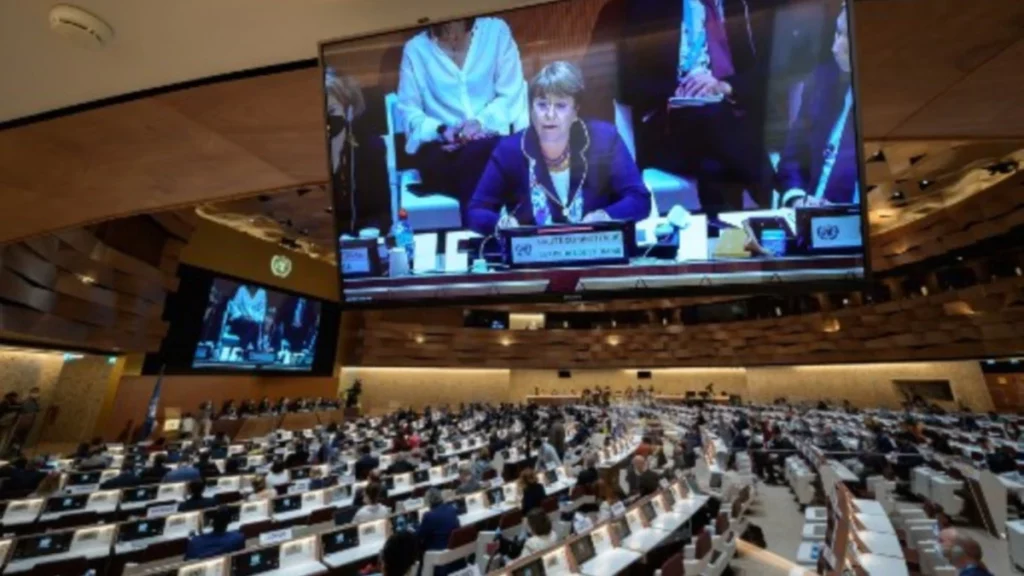Two days after Cuba abstained from a vote in the United Nations General Assembly on a resolution demanding an end to Russian attacks in Ukraine, the communist regime once again played the abstention card, this time before the world’s highest human rights body.
The United Nations Human Rights Council on Friday overwhelmingly approved a resolution to establish an independent international commission of inquiry to investigate all alleged human rights violations in the context of the Russian Federation’s aggression against Ukraine.
In the resolution, the Council condemned in the strongest terms the violations and abuses of human rights and violations of international humanitarian law resulting from the Russian Federation’s aggression against Ukraine, and called on the Russian Federation to immediately stop its violations and abuses of human rights. and violations of international humanitarian law in Ukraine.
The The Cuban regime abstained from voting The vote on this resolution by 32 of the 47 countries that make up the Council.
The stance taken by Cuba, China and Venezuela on Friday has drawn attention ever since On Monday, the three countries refused to accept a proposal submitted by the Ukrainian government To conduct an “urgent discussion” on human rights in the country that was invaded by Vladimir Putin’s forces for nine days.
Only Russia and Eritrea took a clear stand against the document calling for a quick and verifiable withdrawal of Russian forces and Russian-backed armed groups from the entire territory of Ukraine, within its internationally recognized borders, as well as from its territorial waters.
The Council also called for immediate, safe and unimpeded humanitarian access.
This is the second time that Cuba has publicly chosen to abstain from the vote as suits its historical ally, although it has continued to defend the Kremlin’s arguments for launching the invasion.
In an official statement, the Cuban regime held the United States and the North Atlantic Treaty Organization (NATO) responsible for provoking the Russian aggression. He also expressed his support for his ally in the advance of Russian forces on the separatist regions of eastern Ukraine and It recognized the unilaterally proclaimed republics of Donetsk and Lugansk.
During the urgent debate on the human rights situation in Ukraine, the representative of Cuba, Juan Antonio Quintanilla-Roman, said that “the draft resolution submitted violates the basic principles of dialogue based on respect, non-selectivity and non-politicization, which should guide the work of the Council.”
“We are committed to international humanitarian law and we call on all parties to protect the population, its assets and civilian infrastructure,” the Cuban diplomat said.
He added that “the Cuban people had a close relationship with the Ukrainian people,” noting later that the proposal to be discussed was “a biased text that does not respond to real concerns about the human rights situation in Ukraine. It does not provide solutions to promote the effective exercise of those rights without exceptions.”
However, countries such as Mauritania, Somalia, Senegal and the United Arab Emirates, which did not vote on Monday, did so this time to support the resolution.
In discussing the approval, a large number of delegates wore ties or bows bearing the colors of the Ukrainian flag, conveying the battered Eastern European nation’s ambassador to the United Nations, Yevnija Filipenko, who explained her gratitude to “all those who voted for the right way.” .
The United Nations High Commissioner for Human Rights has denounced that the Russian attack on Ukraine is leading to the emergence of a Huge impact on the human rights of millions of people across the countryincreased the threat of a nuclear danger and endangered the civilian population.
“Most of the civilian casualties were caused by the use of heavy artillery, multiple missile launches, and air strikes on populated areas, with worrying reports of cluster munitions being used against civilian targets,” Bachelet said, denouncing significant damage in a large number. Civilian targets, such as hospitals, schools and nurseries.

“Unapologetic tv specialist. Hardcore zombie trailblazer. Infuriatingly humble problem solver.”

:quality(85)/cloudfront-us-east-1.images.arcpublishing.com/infobae/BZPIZ3OWQZCKVOJG5UX4JHWM5Q.jpg)
:quality(85)/cloudfront-us-east-1.images.arcpublishing.com/infobae/6YDQFQFIPRBQFPUPXJV4O3IM6A.jpg)




More Stories
Cuba: The United States responds with deception to refuse to collude with Israel
Breaking news on Iran, Israel's war with Hamas, and the situation in Gaza, live: news, reactions and more
Haitians struggle to survive amid gang violence in the capital